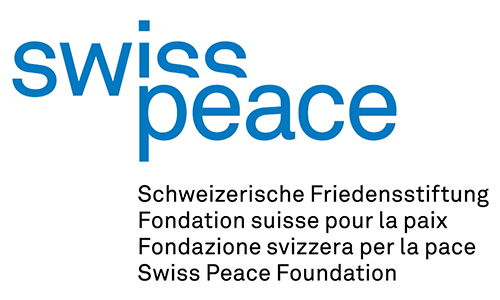Climate Change, Natural Resources & Conflicts
This course explores how climate change and related international and national policies impact conflicts. The course sets off with an introduction to the key economic, political, and social concepts that have served to hypothesize and investigate the causal linkages between natural resources and conflicts. Next, we look at the technological and policy drivers of Greenhouse Gas Emissions (GHGs) since the beginning of the Industrial Revolution and explore the foundations of global and climate policies with emphasis on the more recent developments that have taken place since the 2015 Paris Agreement was reached. Bringing together these two discussions, we explore, reflect upon, and discuss which regions and countries are affected and how, and how different stakeholders might be able to contribute to addressing climate-induced conflicts.
Gain an overview of key social science concepts developed to understand natural resource conflicts;
reflect on the technological and policy drivers behind rising Greenhouse Gas Emissions since the beginning of the Industrial Revolution;
learn how global climate policy has evolved since the 1990s and why the 2015 Paris Agreement was hailed a success;
look at examples of conflicts linked to natural resources and potential and actual policy dilemmas underpinning these;
reflect on the impacts of climate change on different regions, the responses and coping mechanisms people pursue, and the climate policies that governments develop;
reflect on the role of the private sector, including the financial sector, on financing the energy transition and nature-based solutions;
exchange experiences and become part of a community of practice.
This course is designed for practitioners and academics interested in complementing their own experiences with current conceptual insights and practical knowledge on the nexus of climate change, natural resources and conflict.
Location
To apply for the course, please click on the button. Apply now
| Topics | |
| Languages | English |
| Evaluation | Confirmation of Participation |
| Target Audience | |
| Methods | |
| Accreditation | |
| Certificate |
If you have any questions about this course, please get in touch.
In order to send a message, please click on this button. Get in contact

